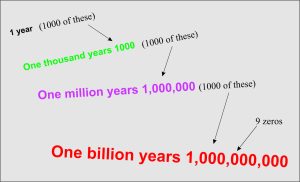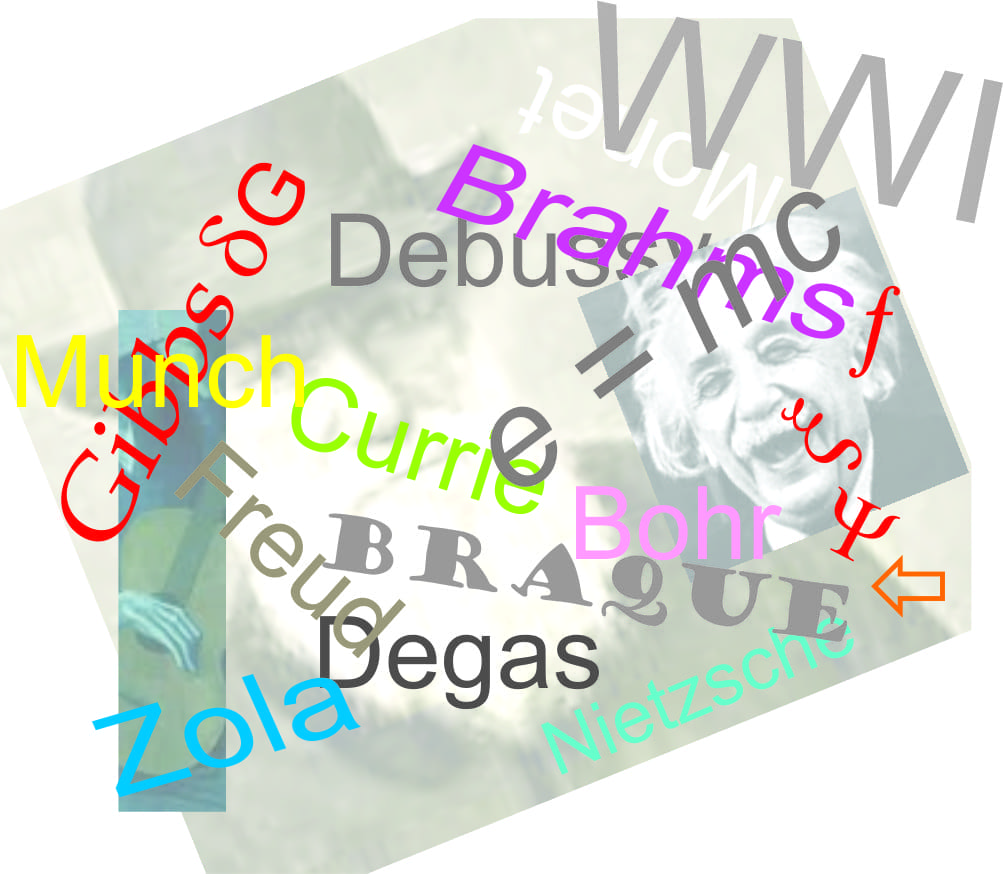This may seem a bit geeky, but while you’re at the beach why not check out some of the things that like to live at beaches, or in the sea, the air, beneath the sand or on rocks. There are other things like waves that are pretty cool, especially if you like surfing, boogie-boarding or sailing, or even just looking at them to see how they work. Scientists ask questions like;
“what is it?”
“how does it work or how does it live?”
“how does it react to other things going on at the beach (including what people do)?”


